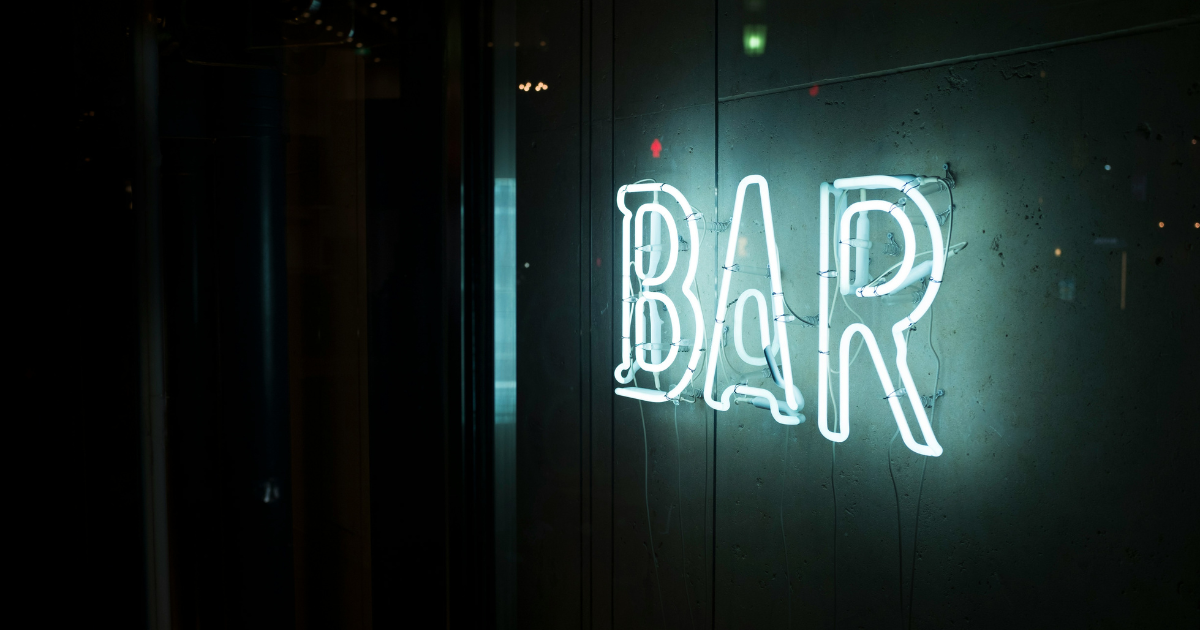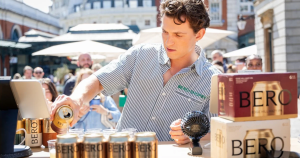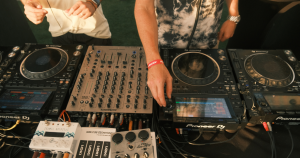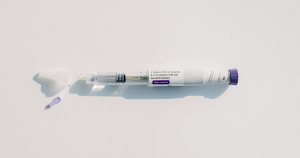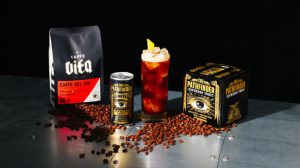By Stuart Campbell, Co-Founder and CEO of Rhiz and Co-Founder of Bar None
When was the last time you heard of organic, local produce referred to as a “fast food alternative”? How about running as “non-couch recreation”? Meditation as a “road rage avoidance protocol”? You can see where I’m going here. My point is that, while millions of people worldwide do need to know that there are alcohol alternatives, framing them as such forever may not be the best route.
The specter of alcohol
If you have had problems with alcohol use in your life and are on a sobriety journey, you may be inclined to track your days sober, no? Are you not, then, perpetually in a milieu of escapism, just in another form? Is the specter of alcohol always around you?
Those of us starting (or fully immersed) in the non-alc field should consider this as the movement begins to solidify. The fact that Athletic Brewing outsold all beers in the US in January (source: The Wall Street Journal) had a lot to do with Dry January. But let’s not ignore the fact that this space is growing considerably beyond dry months, from wines, to spirits, and even more “Third Spaces.”
Non-alc as a matter of course
Is there a metric we can think of wherein a brand can be bold in its value propositions around taste, ingredients, affordability, etc.—without lack of alcohol content being the primary focus? When can 0% alcohol content become just one of many perks for a beverage company… or can it? Diet pops have that branding because the norm is sugar (e.g., high-fructose corn syrup). That makes sense. For now. Presently, as we all know, the norm is alcohol. But the stigma around sobriety and not drinking is still impacting relationships and preventing many a social gathering, unfortunately.
We need more alcohol-free “third spaces” but we should also, when available, begin to shift products and locations toward non-alc as a matter of course. Alcohol had its role, we’ve been told, in times of unsafe drinking water, in the rise of public houses, in society’s practices of celebration and ceremony. But many others and I are of the opinion that we can center celebration and ceremony on the times and people themselves. Alcohol does not make the moment. May I toast with you a can of sparkling water and still be happy about our local team’s sporting event win? What about your daughter’s birthday as we stoke a fire in the backyard? I don’t actually need a bohemian-style lager to enjoy that moment.
Preparing for a paradigm shift
I don’t judge others who imbibe a local draft. But the paradigm of alcohol is far too pervasive, and it enables millions in ways not conducive to their health or society’s.
That’s why I applaud anyone in the non-alc space. No matter your motivation, whether it be to stay sober, enable others’ sobriety, or make a quick buck, your creation and/or advocacy is helping many people you will never know.
I encourage all of us to reframe our work not as an alternative, but as its own space. One of taste, creativity, compelling branding, empowerment, what have you. You, your relative, your friend—whomever may have been negatively affected by alcohol—does not need to be remembered by that. Paradigms can, and will, change, and we’re all onto something here. You’re here for a reason and you will impact many. My question is: how else can we enable others so this movement is not a flash in the pan, but rather a paradigm shift that can last?
About the author
Stuart Campbell is Co-Founder and CEO of Rhiz and Co-Founder of Bar None. He’s starting Bar None as a way to create a new paradigm, normalizing community, not alcohol, as society’s solidifier. For more from Stuart, check out his Rhiz Above It podcast on Spotify.


